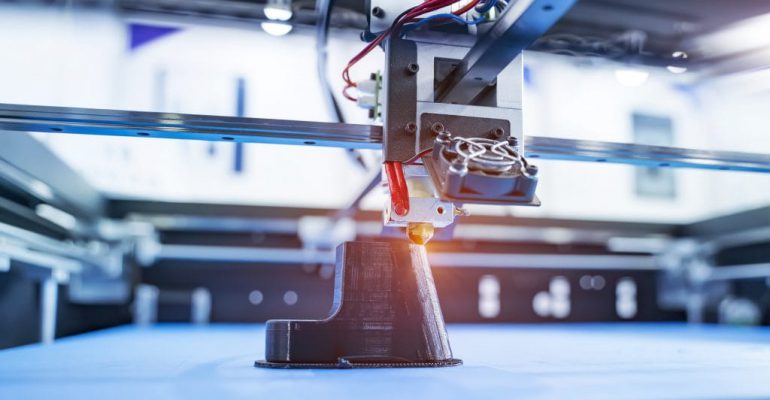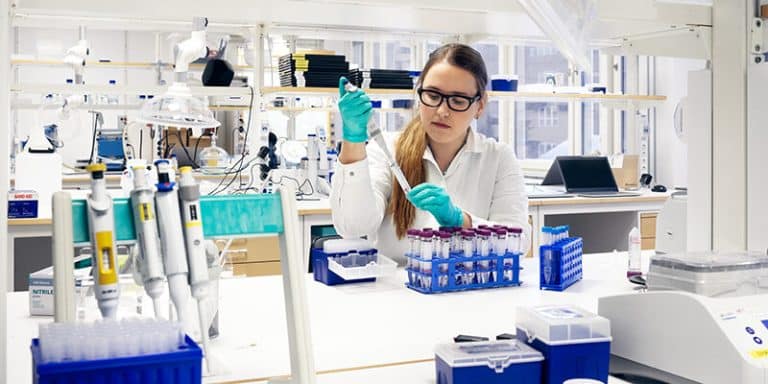Revolutionizing Manufacturing: The Impact of 3D Printing and Additive Manufacturing
March 29, 2024 2024-04-04 9:35Revolutionizing Manufacturing: The Impact of 3D Printing and Additive Manufacturing

Revolutionizing Manufacturing: The Impact of 3D Printing and Additive Manufacturing
In the landscape of industrial innovation, 3D printing and additive manufacturing (AM) stand as pivotal forces reshaping how products are designed, produced, and distributed. Far from its origins as a tool for rapid prototyping, 3D printing has matured into a transformative manufacturing technology, heralding a new era of customization, efficiency, and sustainability. This article explores the remarkable journey of 3D printing and additive manufacturing, highlighting their impacts and potential to redefine the manufacturing sector.
The Evolution of 3D Printing and Additive Manufacturing
3D printing, a type of additive manufacturing, constructs three-dimensional objects from digital models by layering material. This process contrasts sharply with traditional subtractive manufacturing, which cuts or drills material away from a solid block. Since its inception in the 1980s, 3D printing technology has evolved rapidly, expanding its repertoire from plastics to metals, ceramics, and even living tissue, unlocking vast possibilities across industries.
Transforming Industries
Aerospace and Defense
In aerospace and defense, the precision, lightweight structures, and complex geometries achievable with 3D printing translate to enhanced performance and fuel efficiency in aircraft and spacecraft. AM allows for the consolidation of parts, reducing assembly times and costs, while the ability to produce parts on demand streamlines supply chains and reduces inventory.
Healthcare
The healthcare sector has witnessed revolutionary applications of 3D printing, from personalized prosthetics and dental devices to bio-printing tissues and organs for research and transplantation. The customization capabilities of AM enable devices to be tailored to individual patients, improving comfort and outcomes, while bioprinting holds the promise of solving organ shortages.
Automotive
In automotive manufacturing, 3D printing is driving innovation in design and production. It enables the rapid prototyping of parts, allowing for faster iteration and development cycles. Moreover, the technology facilitates the creation of lighter, more complex components that improve vehicle performance and efficiency.
Construction
The construction industry is leveraging 3D printing to reimagine building processes. From printing custom architectural components to constructing entire buildings layer by layer, AM offers a faster, more cost-effective, and sustainable alternative to traditional construction methods, potentially reducing material waste and labor costs.
Advancing Sustainability
One of the most compelling aspects of 3D printing and additive manufacturing is their potential to promote sustainability. By precisely depositing material where needed, AM minimizes waste compared to subtractive manufacturing. Additionally, the ability to produce parts on-site or on-demand reduces the need for transportation and storage, lowering the carbon footprint associated with logistics.
Challenges and the Road Ahead
Despite its considerable advantages, the widespread adoption of 3D printing and additive manufacturing faces challenges. Technical limitations, such as print speed and material compatibility, continue to be areas for development. Furthermore, regulatory and standardization issues, particularly in industries like healthcare and aerospace, need to be addressed to ensure safety and reliability.
Conclusion
3D printing and additive manufacturing are not merely technological novelties but transformative forces reinventing the way we think about production. As these technologies continue to evolve, they hold the potential to democratize manufacturing, making it more accessible, efficient, and sustainable. The future of manufacturing is undoubtedly being shaped by the ongoing advancements in 3D printing and additive manufacturing, promising a more customized, efficient, and sustainable world.
Popular Tags


















